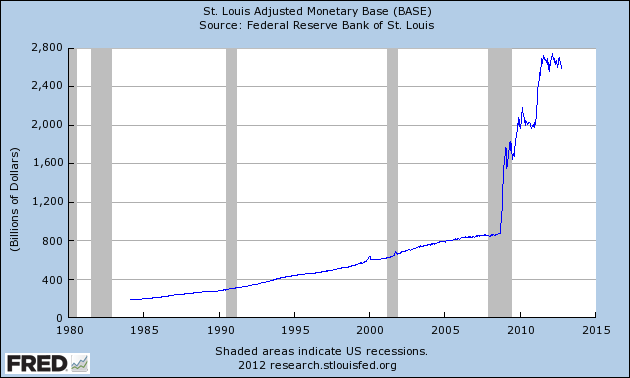I was reading the Wall Street Journal this morning when I came across a very insightful piece about how food and water policies in Egypt and Syria have ultimately led these nations into revolutionary chaos. The tragic outcome of economic policies designed for political control have caused Egypt to spiral into a country in political and economic ruin. In Syria, the government has misdirected the country’s scarce water resources so poorly that a drought seven years ago caused the country to nearly run out of water and hurled farmers into refugee camps where revolution started brewing. Wide use of food and fuel subsidies along with other state sanctioned economic policies that shielded these countries from world markets have set the stage for political collapse.
What we need to ask ourselves, is how can foreign governments be convinced to embrace free markets? Why is it so tempting for countries to impose artificial prices and unwise policies when it has been shown to make conditions worse in the long run? It is not only a problem in the middle east but in the United States as well, to a lesser extent. Why does the United States have sugar subsidies? Why do we have massive government controlled crop insurance programs when food prices are at historic highs? Why has our country pushed corn-based ethanol, when it has not been proven to be economically viable without government subsidies? It’s silly we still are holding on to many of these flawed policies. It’s proven that to maximize consumer and producer surplus that government intervention should be kept at a minimum. In the case of these middle eastern countries in question, the tinkering by governments for the past few decades has caused more problems than it has solved. In the United States, we allow corporate lobbies to write our agriculture legislation in order for their industry to collect taxpayer assistance that in most cases, is a wasted dime.
Here’s the link to the opinion piece by David P. Goldman:
Click Here
-Kyle


